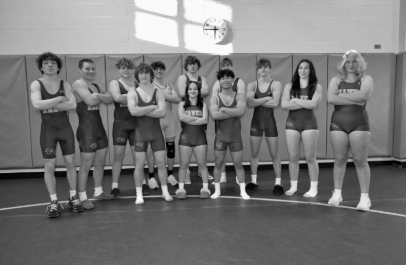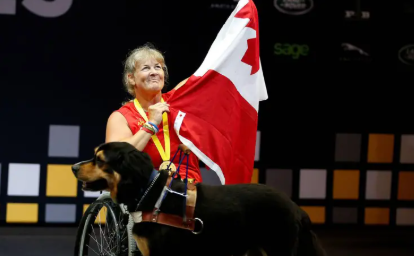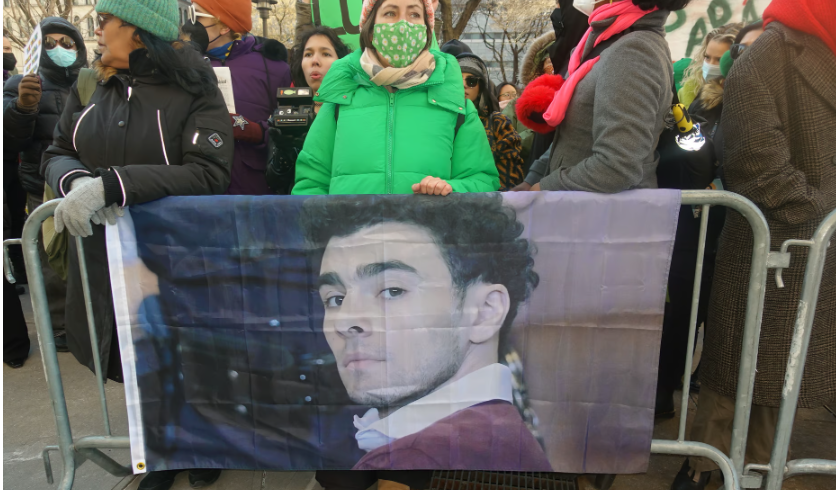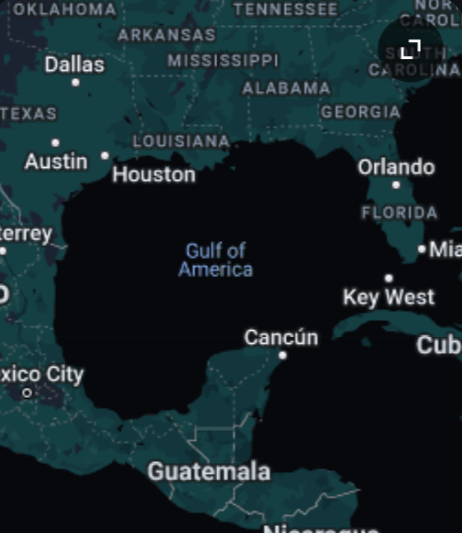Traveling for sports
Athletes face tough competition
February 10, 2022
“Lots of times[,] the night before a competition[,] everyone staying at [the host] hotel will go to the pool and have a pool night and dinner,” recalls freshman Olive Callon.
Freshmen Abby Szramka and Callon both participate in “competitive dance” with Supernova Dance Company. The two have been dancing for “11 years” and have experienced comps “all around the [East Coast],” says Callon. Specifically, adds Szramka, “Myrtle Beach, Virginia, [and] Florida.”
“Gymnastics and [soccer]” are the two sports senior Madison Quick competes in. She started gymnastics at “around three years, and [soccer] at five.” Gymnastics has taken the athlete “around the world”, most notably to “the Bahamas, North and South Carolina, Tennessee, Ohio, New York, and Florida”, while soccer has taken her up the East Coast.
She emphasizes that her favorite place to travel for either sport has been “the Bahamas.” Quick describes it as being “such a cool experience to travel outside the country and to be in a warm place during the cold winter months in Maryland.” Some of the highlights of her trip were the sweet resort members, swimming with dolphins, snorkeling, and deep-sea fishing with her best friends on the team.
In terms of gymnastics, Quick says that “competitions are normally much bigger and there are more girls to go up against” outside the state of Maryland. With bigger comps containing higher populations, there are more scores to compete against. However, she remarks, soccer games are “normally the same.”
The larger the population, the harder the competition is a common theme among the sports. Callon states that competition is “usually harder around big cities, beaches, and places with a lot of people.” She notes Baltimore as a particularly tough city, which makes Maryland competitors “really tough.” Szramka comments that a reputable company that Supernova competes against is “NYCDA.”
When it comes to selecting the meets, all the students agree that the decisions are ultimately made by the coaches or the company before the information is released to the athletes. Szramka states that the events are chosen based on their studio’s “experience at a competition and how far away it is.” Callon adds that the selection is also dependent on the judges participating and the dance classes they will teach.
Quick focuses on the fact that each year, she gets to “meet and play with new people and form new relationships.” The chance to form the bonds that she hopes will last forever is an opportunity that she appreciates about both soccer and gymnastics.
For Supernova, the dancers admit that there are several opportunities granted to them, such as “being able to take classes with [well-known] and professional dancers at conventions,” says Szramka. Not only do they get to learn from these athletes, Callon states that when they travel to conventions, they can earn “different scholarships and auditions.”
The dance company also gives their students the chance to “travel to NYC to take master classes and tour the city[.]” Learning about the city and taking different classes from different teachers appeals to many at the studio.
















